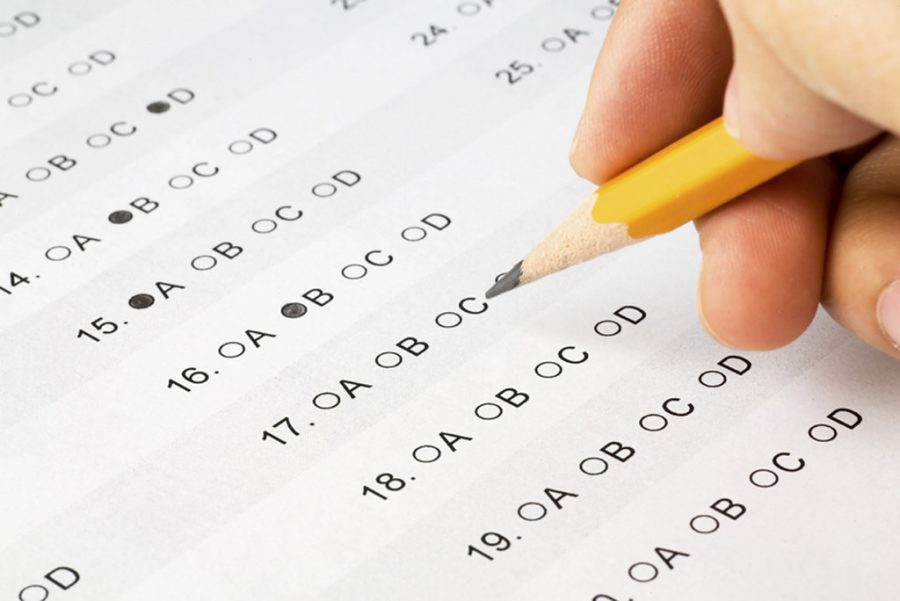Test Optional Policy: An Admissions Process without Standardized Tests
The University of New Haven has joined a national movement and implemented a test-optional admissions policy.
Moving forward, the admissions process at the university will no longer require most prospective students to submit SAT or ACT test scores. Students applying to the forensic science, honors, College of Business fast track, or any other accelerated academic programs — as well as prospective athletes and international and homeschooled applicants — will still have to submit scores as these programs and students differ from the standard.
The move is meant to level the playing field for all prospective students.
Philip Howard, associate director of undergraduate admissions, said, “There has been some discussion about some students not being able to test as well on the ACT or the SAT because they don’t have the financial means to prepare for the exams properly [or] get tutoring and the right resources from their high school or family.”
Critics of standardized admissions tests say the tests don’t measure a students’ college readiness or general aptitude as much as it measures privilege and socioeconomic status.
This disparity highlights some of the national inequality within education. Students who don’t have access to SAT or ACT tutors, or students that face other types of educational disadvantage are still expected and required to perform well on a test for which they may have not been adequately prepared.
Students who choose not to submit their scores because they feel the scores do not accurately represent their potential, will not be penalized in their application review.
“[The tests] don’t reflect what the student really knows anyway,” said Howard, “How fair is that?”
Howard said that moving away from the standardized test score evaluation may lead to lessened focus on a letter grade or a SAT or ACT score, and in turn may foster a more holistic, realistic, and credible review of applicants. Instead of judging an applicant on potentially inaccurate scores, Howard said the admissions process will now include an interview with an admissions counselor and an additional essay explaining why the students feel that scores don’t represent them adequately. Video and phone interviews will be conducted in the case of an international or domestic student who does not have the means to travel to the university for an interview. This way, no student is penalized or given preferential treatment because of their privilege.








